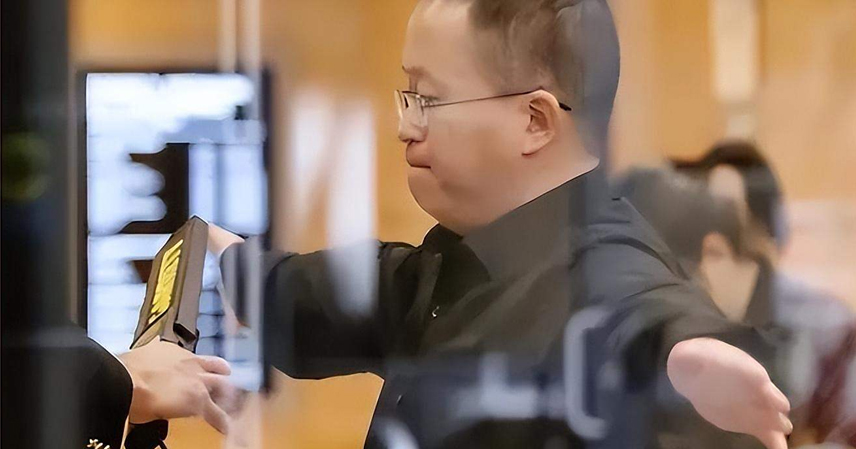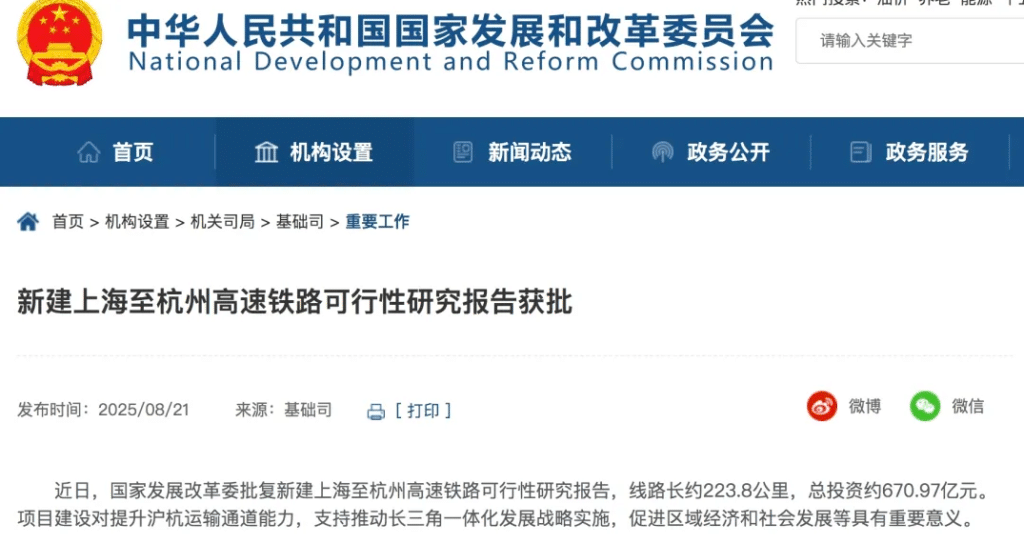Zhang Hao, an electronics engineering Ph.D. from a rural village in Hunan, was supposed to be spending his days in the lab pushing the boundaries of science. Instead, he was swept into a storm of patents, lawsuits, and geopolitics, caught at the center of the U.S.-China technology rivalry.
In 2015, the moment he landed in the United States, he was arrested by the FBI on charges of “economic espionage.” What followed was a nine-year legal battle intertwined with the patent war between Novosense Microelectronics and Broadcom, turning Zhang’s personal fate into a symbol of the global semiconductor struggle.
With the eventual settlement between China and the U.S., Zhang Hao has returned home. But does this dramatic saga truly end here?

From “the Boy Who Took Apart Radios” to a Ph.D. Engineer
Born in 1979 in rural Hunan, Zhang Hao grew up fascinated by electronics. While other children played outside, he was happiest with a screwdriver in hand, dismantling and reassembling radios.
In high school, he excelled in physics, particularly in circuits. His knack for instantly grasping circuit diagrams set him apart, and when it came time for college applications, he chose electronic engineering without hesitation.
After earning his bachelor’s and master’s degrees in China, Zhang went to the University of Southern California in 2006, specializing in Film Bulk Acoustic Resonator (FBAR) technology — a crucial filter used in smartphone RF chips, ensuring smooth calls and internet connections.
His Ph.D. years were grueling, filled with long nights in the lab, endless testing, and circuit redesigns. He never sought prestige, seeing himself simply as an engineer. The true measure of success, to him, was working devices and reliable data.

Labeled as an “Economic Spy”
After graduation, Zhang joined major semiconductor firms such as Skyworks and Avago, building expertise and securing multiple patents. Despite his achievements abroad, his heart remained in China.
In 2009, he returned to Tianjin University as a professor, telling students:
“Don’t just bury your head in books. The most reliable truth is the data you get with your own hands in the lab.”
In 2011, Zhang and fellow alumnus Pang Wei co-founded Novosense Microelectronics. Starting from scratch, they built a production line and developed filter prototypes, eventually securing over 200 patents.

By 2014, Novosense’s first-generation filters were supplying domestic manufacturers, filling a critical gap in China’s chip industry.
But success also drew unwanted attention. In 2012, an Avago executive visited their lab, later proposing to acquire Novosense. Zhang refused. Shortly afterward, the executive reported to the FBI, accusing Novosense of copying Avago’s technology — a ticking time bomb that would explode years later.
In 2015, Zhang and his wife landed at Los Angeles airport, only to be surrounded by FBI agents. He was charged with economic espionage and theft of trade secrets. At just 36 years old, he faced a 32-page indictment and years of legal limbo.
Although he posted a $500,000 bond, he was placed under immigration custody, forced to wear an ankle monitor, and confined in Silicon Valley for the next nine years.

Nine Years of Hardship and Return
The ordeal drained Zhang’s energy, but Novosense refused to collapse. Instead, the team turned the tables: they bought Broadcom (formerly Avago) chips sold to Apple, disassembled them, and discovered that Broadcom itself was using Novosense patents.
This revelation fueled a legal counterattack. In 2017, Novosense sued Apple in Tianjin for infringement, escalating the dispute into a multinational patent war.
The drawn-out battle consumed enormous resources, even requiring Tianjin University to donate 35 million yuan to support legal fees. Despite being stuck abroad, Zhang stayed closely connected with his team.
In 2020, a U.S. court sentenced him to 18 months, but since he had already served significant time in detention, no further imprisonment followed.
The true breakthrough came in 2024 when Novosense won partial victories in patent cases and signed a global cross-licensing deal with Broadcom. All charges against Zhang were dropped. The next day, he boarded a flight home.

Back to the Lab
On his first weekend back in China, Zhang returned to his beloved lab. The whiteboard was filled with new research goals: 6G, millimeter-wave, IoT, automotive-grade chips. He never bragged on social media, preferring to pour all his focus into equipment and data.
Though nine years were lost, he witnessed his team’s growth and the resilience of China’s semiconductor sector. Today, Novosense stands firm in the competitive global market, backed by its own patents and technical strength.
As Zhang simply puts it:
“Let the data speak. For everything else, follow the process.”
For him, the flame of innovation never died. His mission remains the same: to advance China’s semiconductor industry through persistence and innovation.



